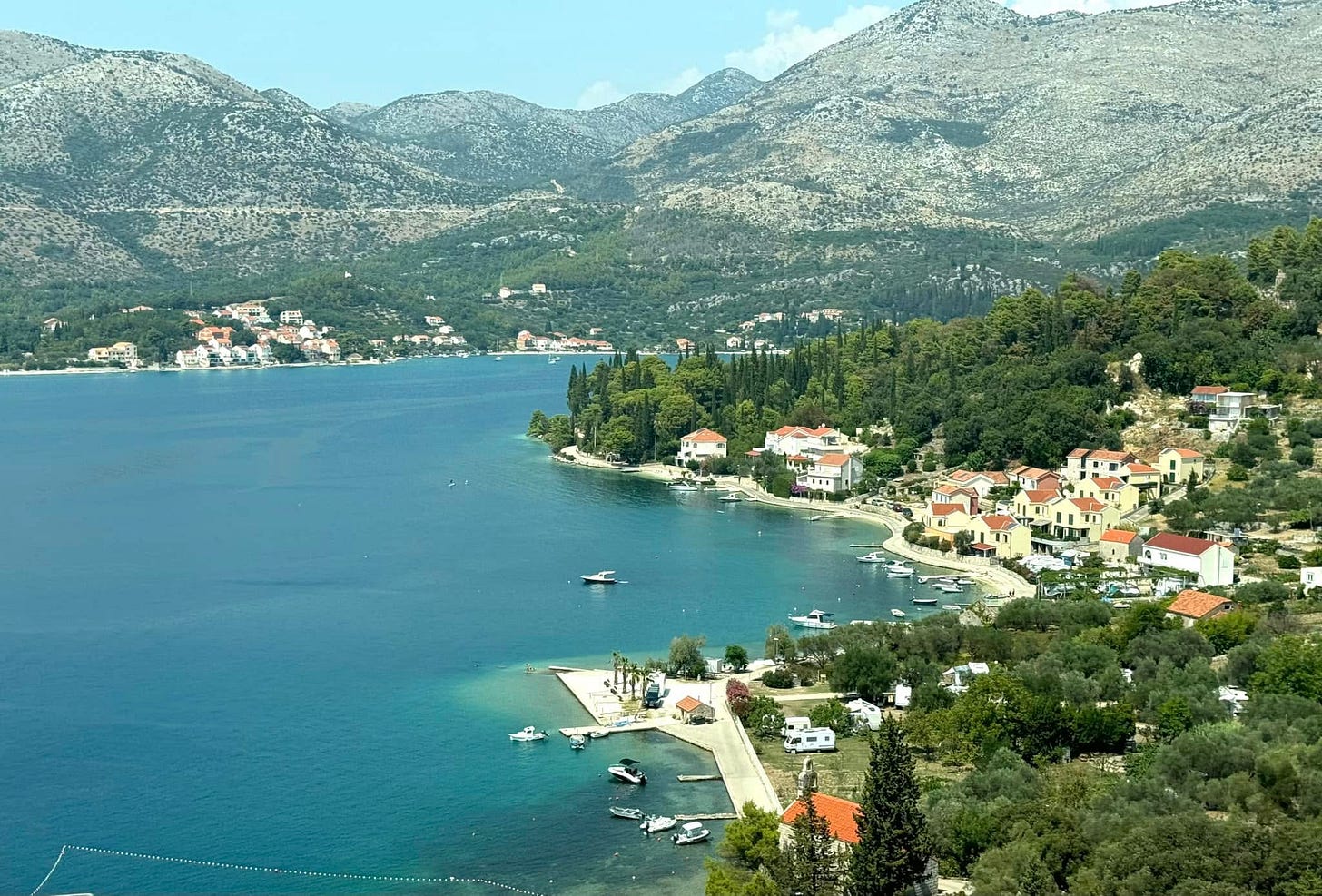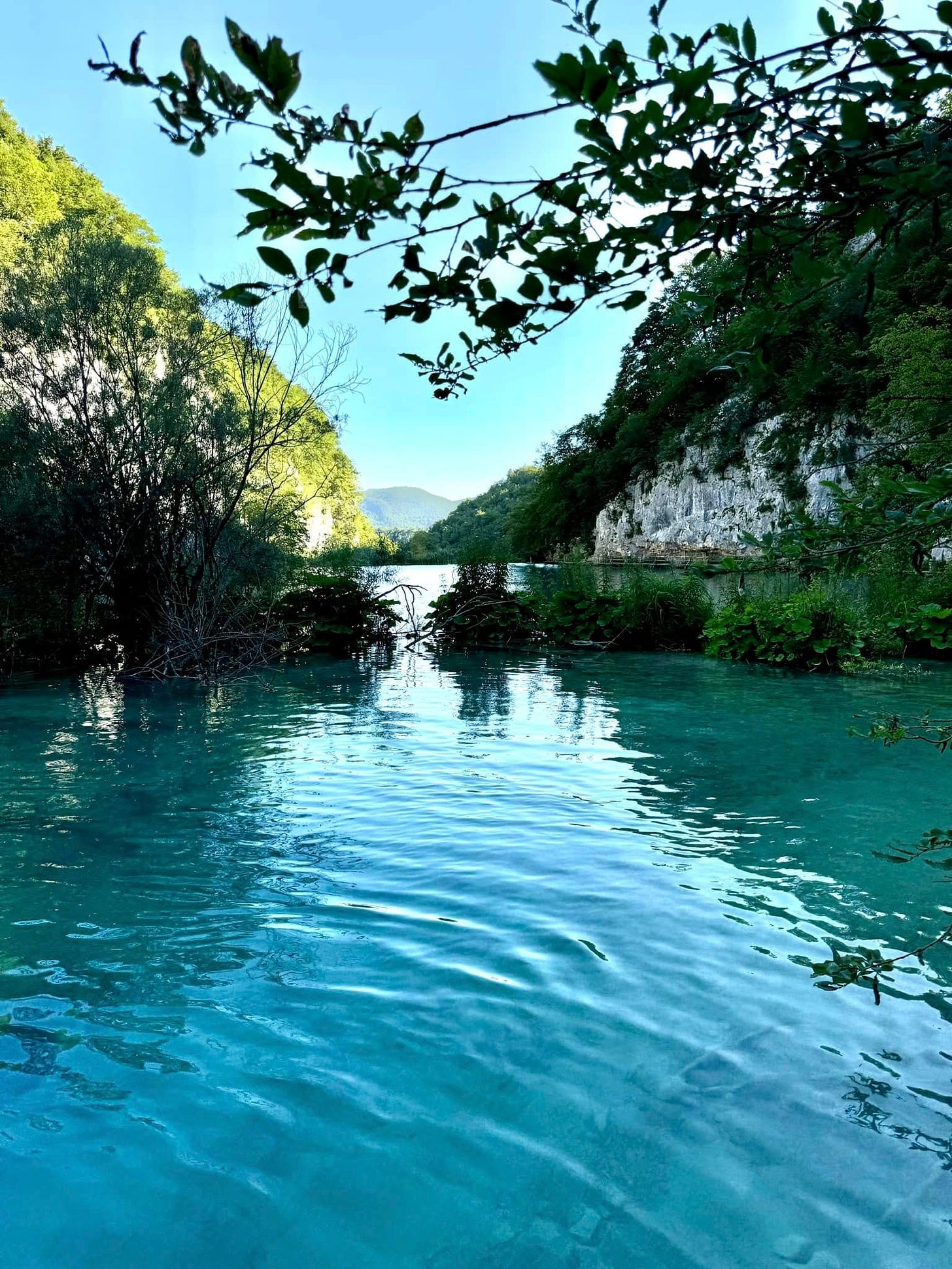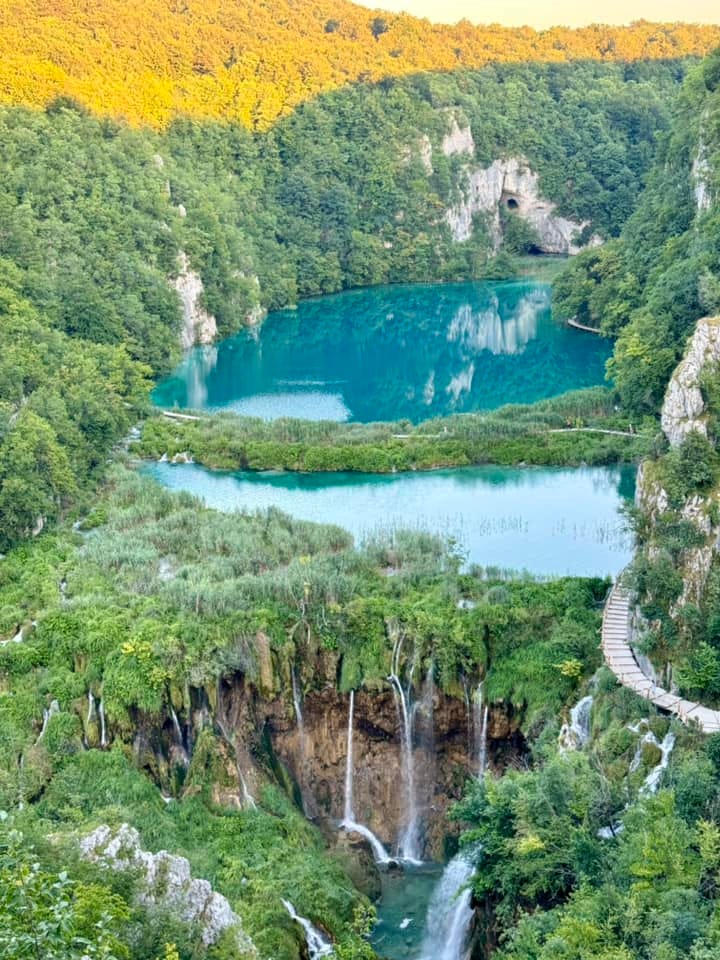TRANSPORTED BY CELEBRATION
In Celebration, the evolution of a human being is traced with unusual powers of observation and sleight of hand by Croatian journalist Damir Karakaš.

Celebration recounts the story of Mijo, a member of the Ustaše (a Croatian fascist organization) who went into hiding in 1945. The evolution of a human being is traced with unusual powers of observation and sleight of hand by Croatian journalist Damir Karakaš. By the time the book ends we begin to ask questions of the forces that shape our lives. How do we become who we are? How do our earliest experiences shape our core and inform the arc of our stories?
Translated sensitively by Ellen Elias-Bursac, Celebration belongs on a shelf of classics. To understand Celebration, I not only needed a quick primer on how Croatia became a sovereign nation, I also needed to understand some critical moments during World War II in Yugoslavia when the Ustaše went on to perpetrate the Holocaust and genocide against its Jewish, Serb and Roma populations, killing hundreds of thousands of Serbs, Jews, Roma, as well as Muslim and Croat political dissidents.
The protagonist of the novel is a gentleman called Mijo who is desperate to unite with his family after participating in the cruelties of World War II. We watch him hiding from the world as the story opens.
Why, he could even go right now, if he felt brash enough, he could tear off the branches, use them as camouflage, and dash across the clearing, but he was unwilling to take the risk. There were no soldiers, but there were people in the village who, eager to ingratiate themselves with the new authorities, might turn him in: there have always, he thought, been folks among us who, when they look in the mirror, see two faces.
When the story opens in 1945, the war has just about ended. While it’s not clear exactly why Mijo has become an enemy of the state, my research informed me that the same people who fought for the state became its enemy as time passed. The Ustaše had their origins in Nazism. They intended to create an ethnically "pure" Croatia, and viewed the Serbs living in Croatia, Bosnia and Herzegovina as the biggest obstacle to this goal.
As I learned more about the checkered and bloody history of the region, it seemed to contrast sharply with the beautiful pictures I’d seen from friends who spent time in today’s Croatia. How could there have been much violence in a place of such beauty? Celebration, at many levels, is also a celebration of the beauty of Croatia.
For a time he watched the lively swirl of the water—his gaze ordinary, everything today had to be ordinary. Then in his hair he found a shaft of yellow straw, and through it for a time he sucked at the sharp air, wishing that nothing that was going on around him had anything to do with him. He took his knife, slowly cut through the water course of the little stream, watching how, over its shiny blade, the water flowed and thinking how everything in this world follows a higher order of its own that is beyond his grasp, and this cannot be stopped by anything. With abrupt movements he stood up but then sat back down, not knowing what it was he actually wanted.
The story begins with Mijo’s present predicament in 1945—of being wanted and being on the run—and we see him as a young man in love in the year 1935 and spring forward to 1941 just as the war breaks out, and then, finally, we watch him as he was in a life with his parents in the year 1929 when the family is roiling in hunger.
He put another log on the fire; with a bough he swept together the scattered embers, and then his gaze came to rest on a red copper cookpot, the only one in the house—the few potatoes they had left were cooking in it. During the winter snows, when you couldn’t so much as poke your head out for the blizzards and ravenous wolves that lurked all around the house, they’d use the cookpot as a chamber pot, and during the day they’d cook in that same pot; but soon, he thought and a chill ran down his legs, there would no more shitting in this house.
One of the most respected writers in Croatia and the former Yugoslavia, Karakaš is the winner of domestic and international literary awards, having also published seven novels, three short story collections, and a travelog. His novels have been translated into ten languages and a film based on Celebration received four major awards at the 2024 Pula Summer Film Festival.
What makes Celebration a difficult read is the way it’s structured. It took me a few iterations to absorb its import. Celebration makes us ponder the stories of all the terrorists we see as somehow subhuman by looking at them as one-dimensional people. This book is an unsettling, disturbing read because it compels us to consider this—that we must strive to understand a human being in the present by probing his past. I share a chilling moment from this novella in which hunger and deprivation drives Mijo’s father to a heinous act, that of dropping his old, weak grandfather into an abyss because he doesn’t want to live anymore and the son simply cannot afford to feed one more mouth.
In the ashy light the old man slowly opened his eyes deeply set in their sockets; he rose up and leaned his against a log, all black from the damp, as if about to make a grand announcement. “Son,” he said, “no point in waiting. Torment for all of you and for me.”





